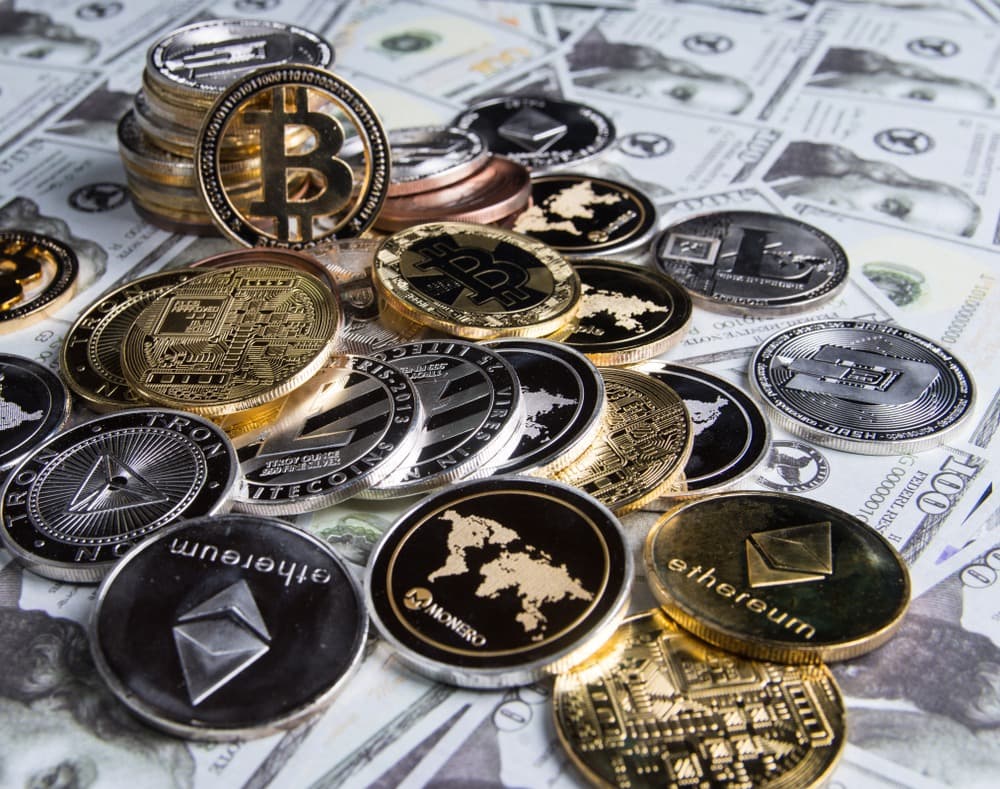
Ironically or not, the thread that binds all of these Grey Swan events is a reliance on debt at all levels of society and a consumer culture that favors short-term gratification. Political violence is just a f’d up way of expressing dissatisfaction with a culture that values material goods over some kind of weird spiritualism. Both of the assailants in New Orleans and in Las Vegas were military and in financial distress.
Grey Swan #5: BRICS Bucks Continue To Challenge the US Dollar
Grey Swan #4: The China Wild Card: Tariffs and Chips
Grey Swan #3: Death of the Middle Class
Grey Swan #2: Mutant AI and the Death of Free Speech



